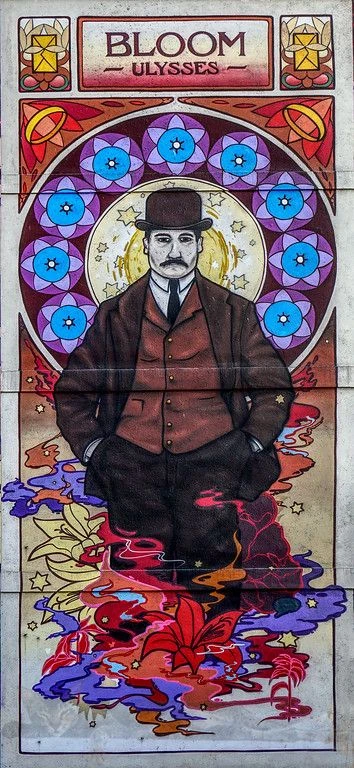
On this episode of the Irish History Show we spoke to Dr. Spencer Jones about the Boer War. The Boer War, also known as the Second Boer War, was a conflict fought between the British Empire and the Boer Republics of the Orange Free State and the Transvaal in South Africa from 1899 to 1902. The war resulted in the British annexation of the Boer Republics and the creation of the Union of South Africa.
In the show we looked at the background to the conflict, we asked who were the Boers, what were the different stages of the war, the relative military strengths, public opinion in Ireland and Britain during the war, the effects of the war on the civilian population and the long term impact on the British Army.
Dr. Spencer Jones is an award-winning historian and author. He is Senior Lecturer in Armed Forces and War Studies at the University of Wolverhampton and serves as the Regimental Historian for the Royal Regiment of Artillery. His key works include From Boer War to World War: Tactical Reform of the British Army 1902-1914 and Stemming the Tide: Officers and Leadership in the British Expeditionary Force 1914, which was runner-up for the Templer Medal in 2014. He has published several critically acclaimed books on the British Army in the First World War including Courage without Glory: The British Army on the Western Front 1915 and At All Costs: The British Army on the Western Front 1916. His most recent volume is The Darkest Year: The British Army on the Western Front 1917. Dr. Jones is also the co-host of the popular First World War podcast Not So Quiet on the Western Front.
We have started a Patreon page for The Irish Story website and The Irish History Show. Please follow the link and your support is greatly appreciated. https://www.patreon.com/user?u=29204818
Intro / Outro music “Sliabh” from Aislinn. Licensed under creative commons from the free music archive.
Podcast: Play in new window | Download
Subscribe: RSS









